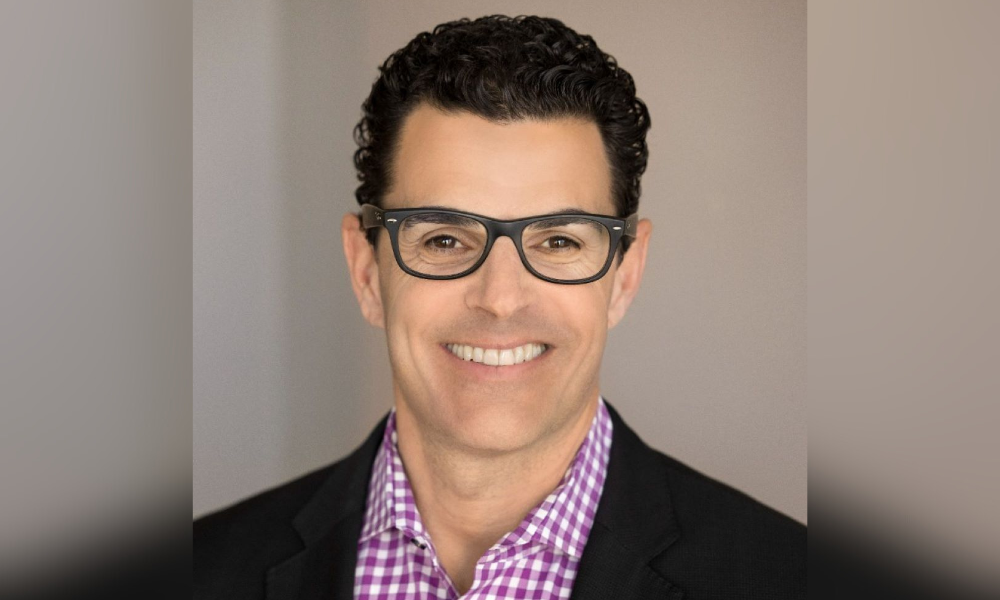"I had to figure out what in the hell I was going to do for the rest of my life"

When Brad L’Engle (pictured) made a $38 million mistake and was fired from his job at a law firm, he realized that the legal field wasn’t for him. But in the aftermath of his abrupt departure, L’Engle faced a daunting question.
“I had to figure out what in the hell I was going to do for the rest of my life,” he told MPA. “I had some sales background before law school, so I realized, unbeknownst to me, that I’m just a salesperson; that’s who I am. Now, over 21 years, I’ve just always listened and learned, tried to read and adapt from other people - and be coached.”
It was L’Engle’s father who helped gain him a referral at a mortgage company in Sacramento – something that would lead him into his dream career of originating loans. Beyond the technical aspects of the mortgage industry, L’Engle attributes his success to his finely tuned interpersonal skills, honed during his time in law. This skill set allows him to navigate conflicts, resolve issues, and, ultimately, build lasting relationships.
“There’s a training that comes from law school and the practice of law about how to really understand the other person’s position,” he said. “I don’t necessarily have to agree with it, but I have a good skill set of listening to the other person, whether it be an agent, or a client, or an underwriter.”
Putting the individual first
Now, as the originating branch manager at Guild Mortgage, L’Engle’s client-centric approach is evident in his commitment to creating tailored programs for individual needs. Distinguishing between transactional and service-based models, L’Engle firmly stands on the side of personalized service, building his business on referrals, spurred by the creation of trust with his clients.
“I don’t like it when people make poor financial decisions,” he said. “So my goal is always to figure out a way to work with you in a shortened timeframe.”
And in the age of Amazon Prime, of instant gratification and quick results, it’s important to keep your eye on the logistics. As L’Engle told MPA, speed is important – but a lot can go wrong when buying $500,000 house.
“I always think that a lot gets lost; emotions, tension and stress levels get ramped up, and unfortunately, you can go very fast, but there’s not a lot of compassion,” he said. “There’s not a lot of empathy from one side to the other. It’s just ‘how quickly can we get it done? Why are you asking me for more stuff?’ And while I want to move forward at lightning speed, it takes away some of the interpersonal part. So technology is not always great.”
After all, while tech is revolutionizing the mortgage industry, there’s an increasing need to maintain the human element in the sector. And L’Engle raises a poignant concern about the downside of this rapid transformation.
“The mortgage industry has been moved and fast-forwarded into the 21st century,” he said. “The faster you move, the more we’re losing that interaction where I can develop some trust and really educate my clients. You get what you pay for, and so if it’s all built on speed and the lowest rate possible, that works great - so long as everything goes right. But that doesn’t happen most of the time.”



